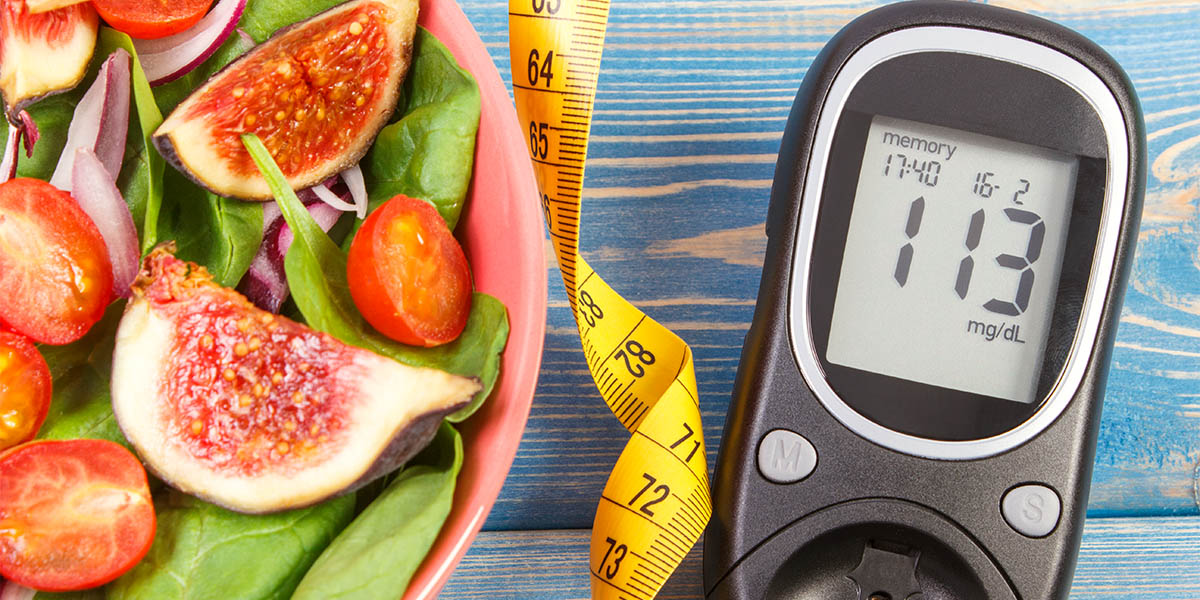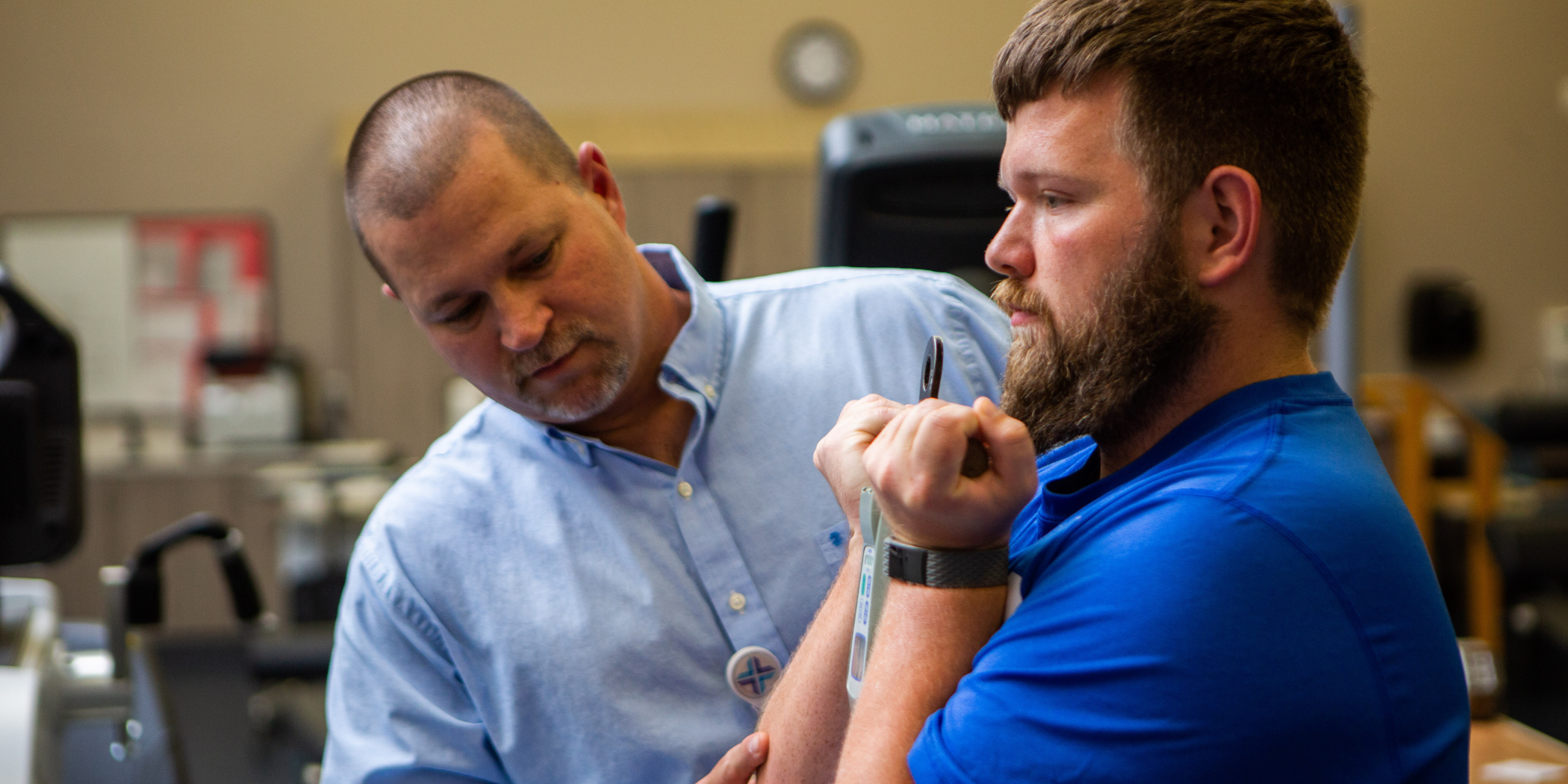
Diabetes: What you need to know
When you are newly diagnosed with any illness, you have many questions. This is especially true when that condition is as life-changing as diabetes. What can you eat? Why do you have this?
As a diabetes educator, my goal is to help people diagnosed with diabetes understand their illness. Here are a few questions I receive on a regular basis:
Why is diabetes called a "silent" epidemic?
Type 2 diabetes may have vague symptoms, so many people who have the disease are unaware they have it. About 30 million Americans are estimated to have diabetes, and a quarter of them have likely not been diagnosed.
Who is most at risk for diabetes?
People who are overweight and do not get much activity are at higher risk for Type 2 diabetes. Risk goes up after age 45 and is more prevalent in certain racial and ethnic groups, such as African Americans, Mexican Americans, Native Americans and Asian Americans.
What foods and beverages contain more sugar than you would think?
Many foods have hidden sugars, such as cereals and bread products, including snacks like granola bars and yogurt with added fruit or flavors. Many condiments like ketchup, marinades, and salad dressings can also have a high amount of sugar. I recommend checking the label for "added sugars," which means sugar was added during processing.
How is weight a correlation to diabetes?
Insulin allows your body to use sugar for energy or to store glucose for future use. Extra weight may lead to insulin resistance, which is when insulin becomes less able to move sugar out of your blood to be used for energy. Losing a few pounds can help you better manage your blood sugars and reduce your risk for Type 2 diabetes.
How can people change their diet to reduce the risk of diabetes?
Eat less overall and cut out sugary drinks! Eat more fiber, vegetables, fruits and whole grains, and less processed foods.
It can be hard to stay on track with eating healthy. What tips do you have?
Don't give up; you can do this! Take each day one meal at a time and try not to get frustrated. Eating for diabetes is not a "diet" but rather a long-term lifestyle change, so keep working on your goals.
What would you like the community to know about diabetes?
People with diabetes are not alone. Medical Group of the Carolinas — Diabetes Education has certified diabetes educators ready to help you. We offer group classes and individual visits in multiple locations to help you best manage your diabetes. If you are at high risk for diabetes, a Diabetes Prevention Program may help. We also have free support groups open to anyone in the community. Give us a call at 560-6419 ext. 5 and let us help you.
The Medical Group of the Carolinas—Diabetes Education program received the Centers for Disease Control and Prevention Full Recognition as a National Diabetes Prevention Program for two consecutive years. The program is the first in South Carolina to receive the full recognition for two years in a row.
Erica Moore, MHS, RD, CDE, BC-ADM, is a diabetes educator with Spartanburg Regional Healthcare System.











